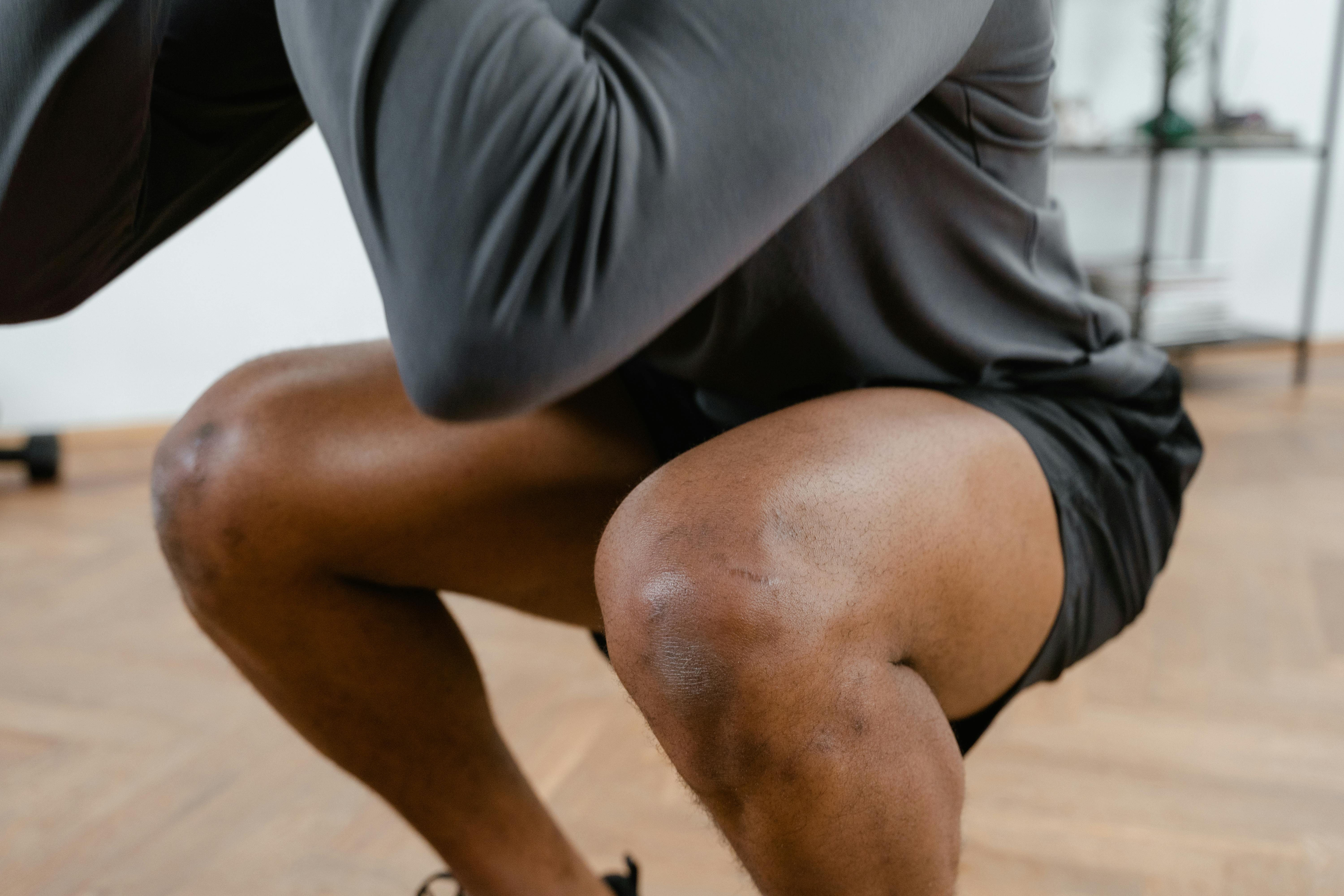You are in the middle of a workout, feeling strong and focused, when suddenly, crack, your knee, shoulder, or ankle makes a popping sound. Should you stop? Is this a sign of injury, or just something normal?
The short answer: in most cases, joint cracking (also called crepitus) is harmless and does not mean you need to stop exercising. But sometimes, it could signal an issue that needs attention. Let’s break it down.
Why do joints crack during exercise?
Joint cracking or popping can happen for a few reasons:
Gas bubbles releasing
- Your joints contain synovial fluid, which lubricates and cushions them.
- When you move, tiny gas bubbles (oxygen, nitrogen, and carbon dioxide) can form and collapse, creating a cracking sound.
- This is the same thing that happens when you crack your knuckles: it is harmless and normal.
Tendons or ligaments shifting
- Your muscles, tendons, and ligaments move around your bones as you exercise.
- Sometimes, they snap over a bony surface, making a cracking or popping noise.
- This is common in knees, shoulders, and hips and usually is not a problem unless it comes with pain.
Cartilage wear and tear
- If the joint cracking is frequent, loud, or comes with pain, it could be related to cartilage changes.
- Over time, cartilage can wear down (like in osteoarthritis), making joints feel rough or noisy.
- While some wear is normal, pain or swelling alongside cracking could be a sign to check in with a healthcare professional.
When to keep going vs. when to stop
Cracking is usually fine if:
- There is no pain: if your joints crack but feel fine, you can keep exercising.
- It happens occasionally: some cracking is normal, especially in high-movement workouts.
- You feel no weakness or swelling: your joints should still feel strong and stable.
You should stop and reassess if:
- The cracking is painful: pain is a sign something may be off—do not ignore it.
- You feel instability: if your joint feels like it might give out, stop and check your form.
- There is swelling or stiffness: this could mean inflammation, irritation, or injury.
- The noise suddenly changes: a new, loud, or grinding sensation could indicate an issue.
How to reduce joint cracking during exercise
If cracking is bothering you, try these simple adjustments:
Warm up properly
- Cold muscles and joints are stiffer and more prone to noise.
- Do dynamic stretches like leg swings, arm circles, and gentle mobility drills before starting your workout.
Strengthen supporting muscles
- Weak muscles put extra stress on joints.
- Strengthening the hips, glutes, and core helps protect the knees and lower body.
- Shoulder stability exercises reduce popping in the upper body.
Improve mobility and flexibility
- Tight muscles can pull on joints, making them crack more.
- Regular stretching and foam rolling help keep tendons and ligaments moving smoothly.
Final thoughts
Most of the time, joint cracking during exercise is normal and nothing to worry about. If there is no pain, swelling, or instability, you can keep moving with confidence. But if something feels off, especially pain, sharp discomfort, or joint weakness, listen to your body and seek advice if needed.
So, should you stop when your joints crack? Probably not! Just make sure they feel good, move well, and stay strong.



